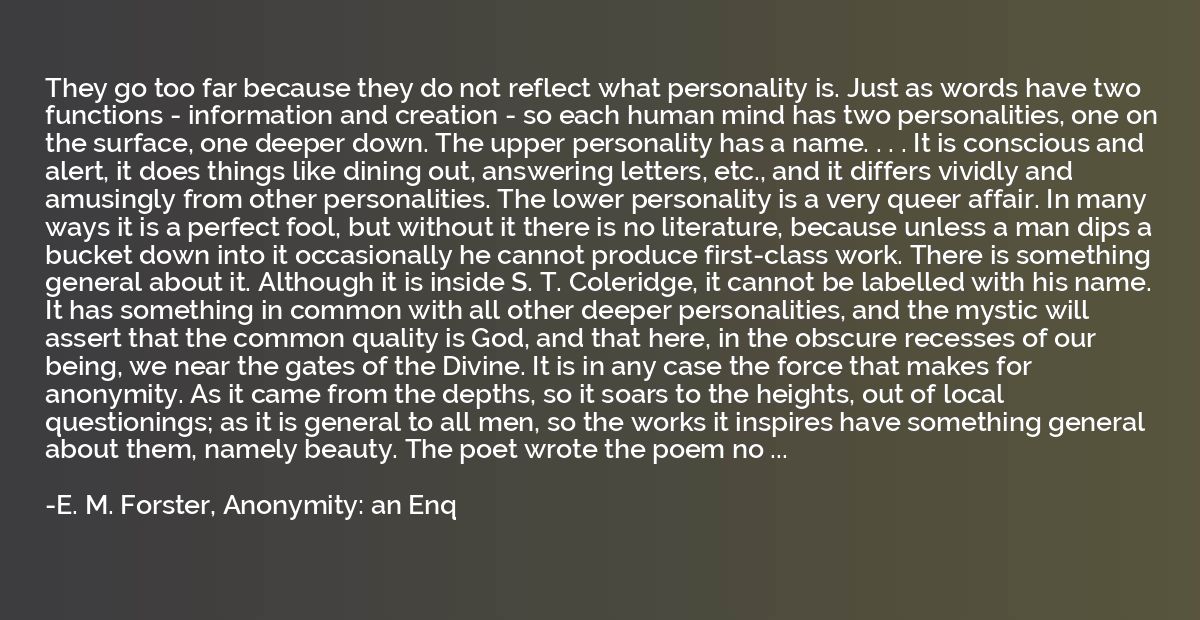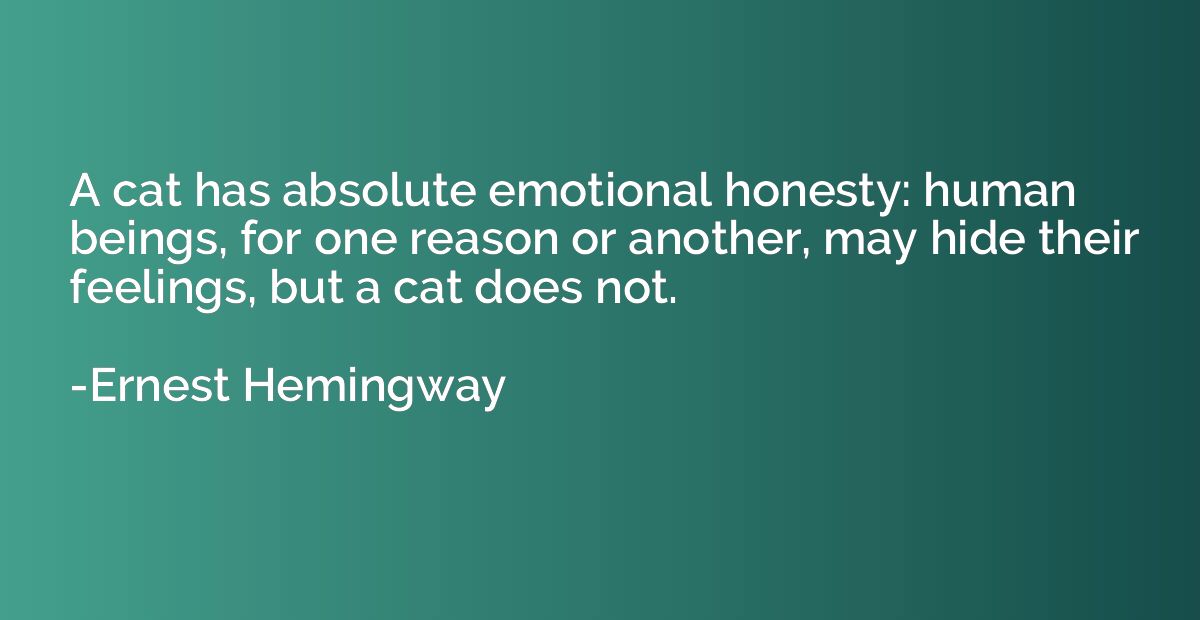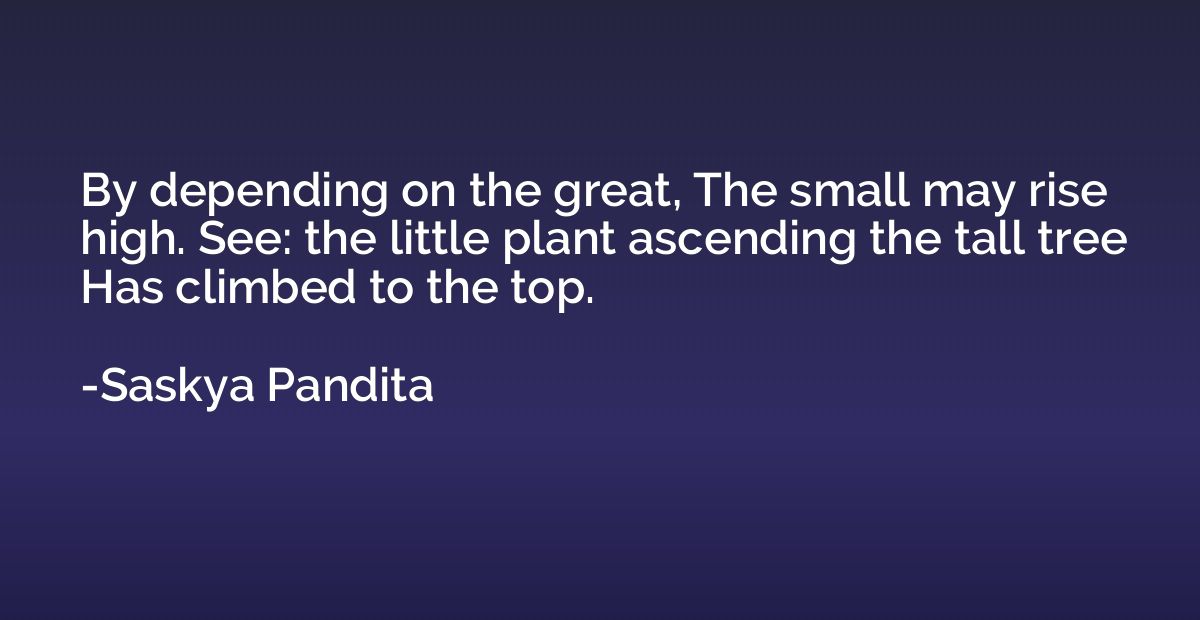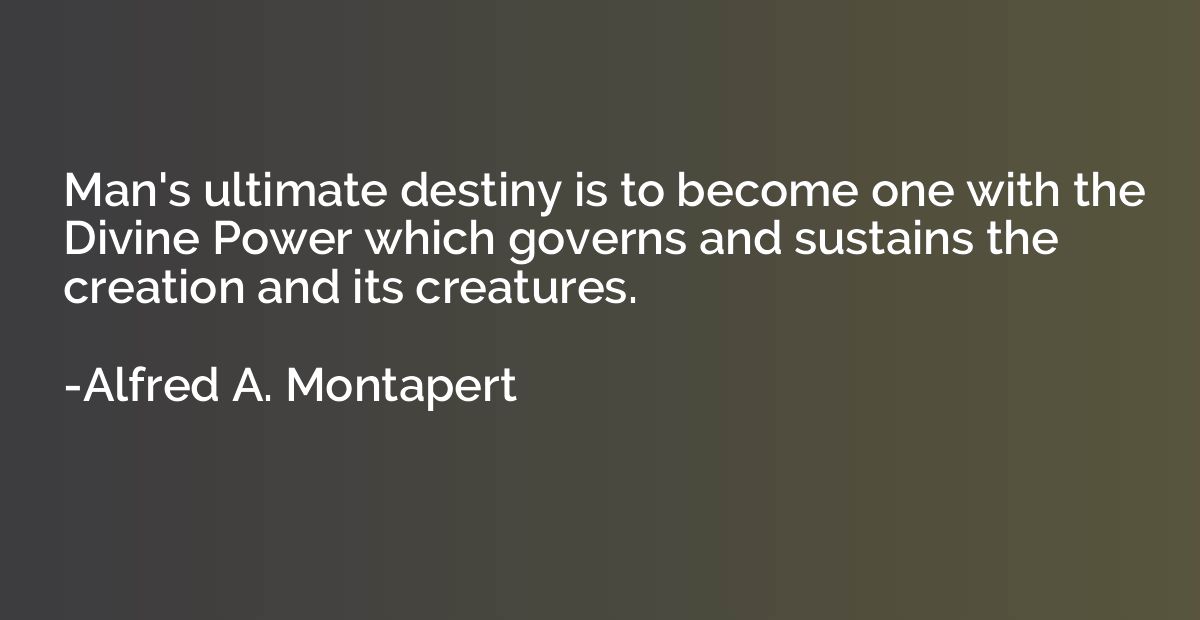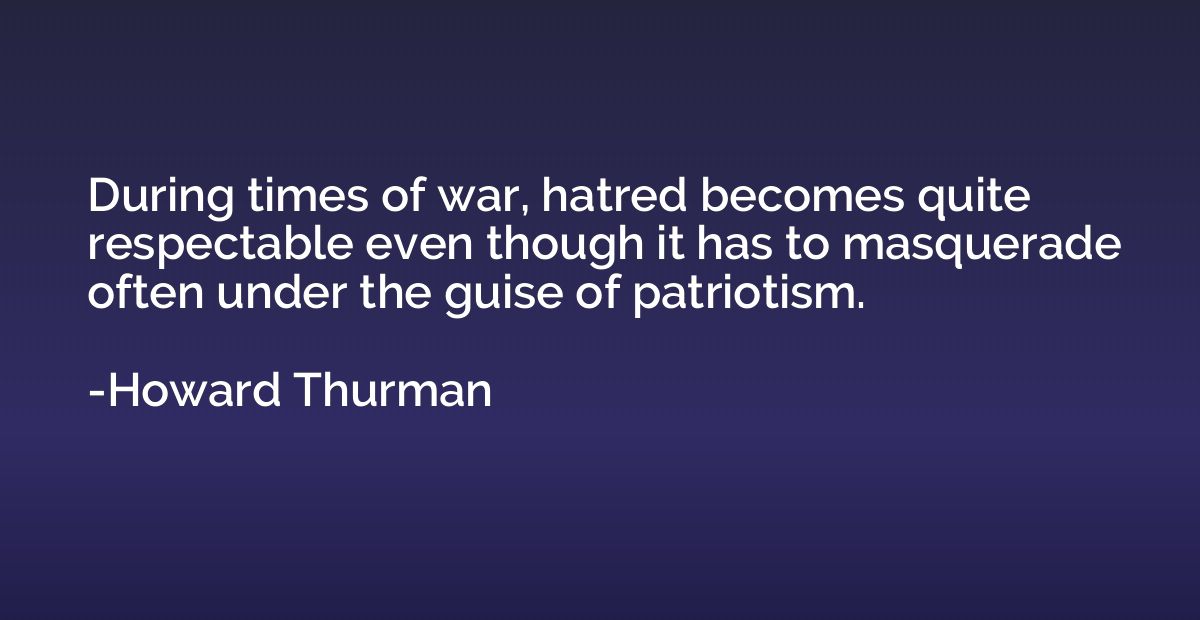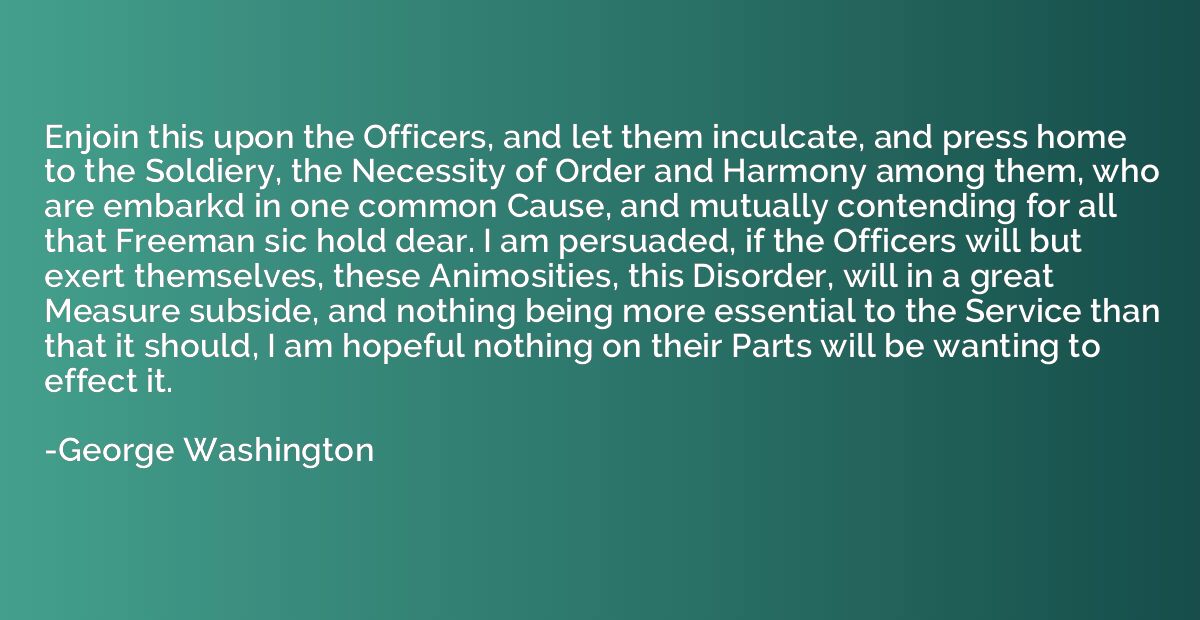Quote by Orson Scott Card
As Sarah watched them (Abraham and Isaac) move briskly along, she thought of the whole journey behind her. Her childhood in the Ur-of-the North, the temple of Asherah, her father's house, the Euphrates in flood and in a dry season. She thought of Abraham arriving with his extravagant dowry of impossibly large herds, and then of those early years as they watched the drought deplete their animals and their hope. The journey to Egypt, and the fear she felt when they were told to lie about who she was. She thought of Pharaoh and of Sehtepibre, of the great game they weere playing on the magnificient stage of the most ancient and lofty kingdom in the world - and how petty and mean it turned out to be. She thought of Hagar in those early years together, when Sarah thought of her as almost a friend, they grew so close. The nastiness she set aside; there was no reason to dwell on that. But two sons had been born to Abraham, one by each of these women. That made them sisters, of a kind, even if they could not be friends. And thinking of sisters reminded her of Qira, and her tragic blindness to anything that mattered. Qira was almost as blessed as I was, thought Sarah, but she never knew it, and ketp trying to get joy from those who had none to give, and rejecting it from the only ones who knew how it could be obtained. And she died because she couldn't let go of the very things that the dead always leave behind, and couldn't hold to the only things that the dead can carry with them. The love of a good man for a good woman. The love of good friends for each other. The love of parents for children, and children for parents. The love of brothers and sisters. The memory of joy and grief, which all becomes joy when enough time has passed. This is the treasure that I have won through all the years of my journey through this life, thought Sarah. And every bit of it I'll take with me beyond the grave. I'll meet God then, Abraham promises I will, and I will take all these treasures and lay them out before his feet, for God can see
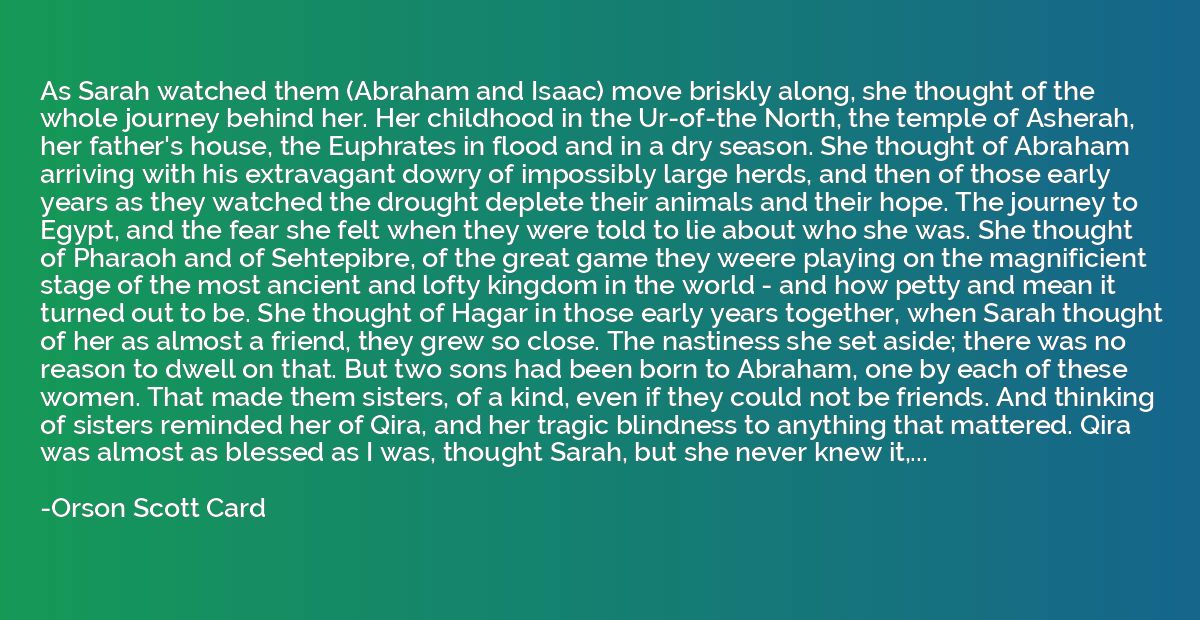
Summary
In this quote, Sarah reflects on her life's journey and the various experiences she has had. She thinks about her childhood, her relationship with Abraham, and the challenges they faced together. She contemplates the pettiness she witnessed in the world and the importance of genuine love and connection with others. Sarah realizes that true treasures in life lie in the memories of joy and grief, the love between individuals, and the relationships with family and friends. She plans to present these treasures to God in the afterlife, as they hold the most significance beyond the earthly realm.





